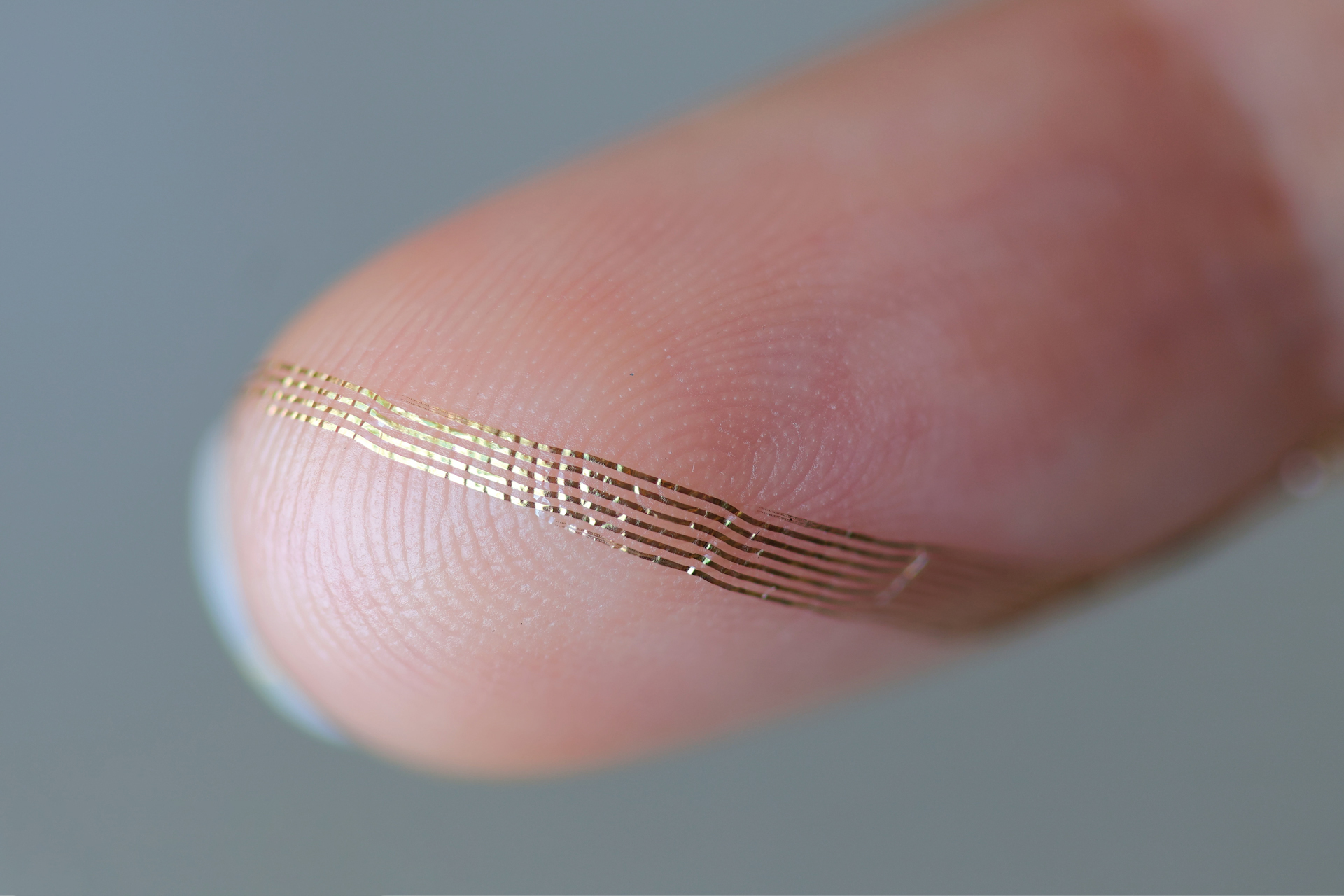
"Traditional neural probes are made of rigid materials that can damage the flexible brain tissue, leading to ineffective data communication due to surrounding scar tissue."
"Axoft's new softer device aims to monitor head injuries accurately and can be inserted without disturbing the brain’s natural consistency, ensuring better patient outcomes."
A Harvard startup, Axoft, is creating a softer device to monitor traumatic brain injuries, addressing the limitations of traditional rigid neural probes. These conventional devices can damage flexible brain tissue and lead to ineffective communication due to resulting scar tissue. The new design allows for insertion that preserves the brain's gel-like consistency while delivering accurate data. This advancement could significantly improve patient monitoring, enabling clinicians to better understand the brain's condition and response to treatment throughout recovery or degradation stages.
Read at Harvard Gazette
Unable to calculate read time
Collection
[
|
...
]